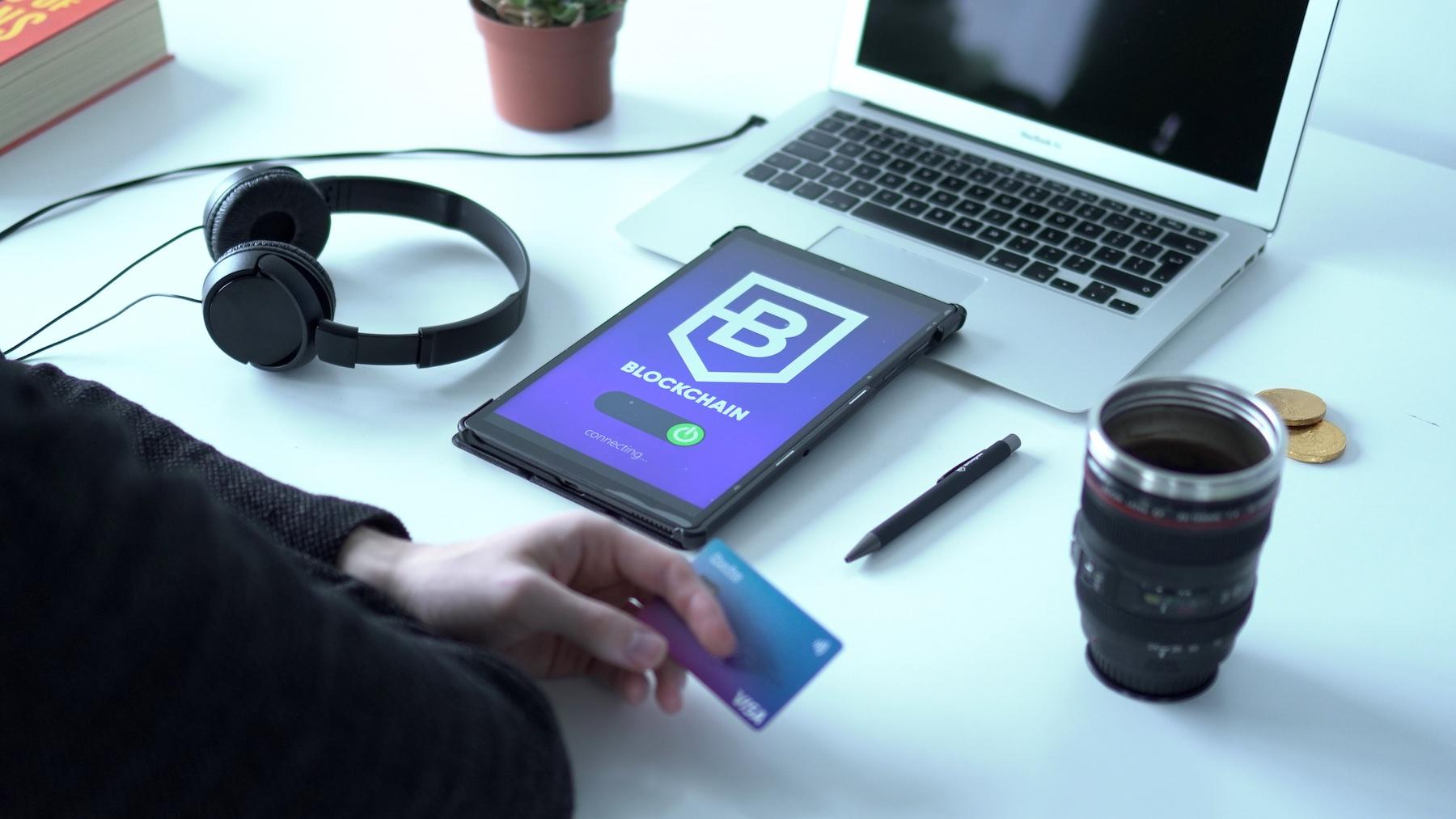Cryptocurrency is not as anonymous as many people think it is. It’s one of the biggest misconceptions about cryptos like Bitcoin and Ether. Transactions on either network are easy to track but the identity behind each address is not public.
Does your government know if you buy crypto? Well it depends on where you are.
For some countries, the state of their country is such that the government does not have strong control over or ability to track cryptocurrency transactions.
That being said, most governments do have some level of insight into buying and selling digital assets due to regulations and laws in place.
In countries like Japan and South Korea, for instance, there are strict anti-money laundering (AML) laws that all digital asset exchanges must follow. This means if you’re buying crypto in these countries, your transactions can be tracked by the government as they may need to report it.
However, there are still some countries where the government has no authority or power over cryptocurrency transactions, and your privacy is maintained. In these cases, it’s highly unlikely that the government would know about your crypto purchases.
How Can the Government Track Crypto Transactions?
Among most developed countries where government control is strong, the government can track cryptocurrency transactions on the blockchain.
Even though digital currency can be created, moved, stored, and exchanged in a decentralized network, most blockchains are transparent and, therefore, can be monitored.
For instance, the government may employ an analysis of blockchain transactions to identify suspicious activities such as money laundering. They may also use similar methods to identify any illegal activities like fraud or tax evasion.
It’s worth noting that in some cases, governments may use other methods, such as IP tracking or KYC (Know Your Customer) verification, to track transactions.
Ultimately, whether the government knows that you have purchased crypto depends on your country’s regulations and laws. However, it is important to be aware of the fact that no matter where you are, your transaction could potentially be tracked by the government. It is recommended that you remain vigilant and take necessary precautions to protect your privacy.
What Data Points Do Governments Use to Track Crypto Purchases?
Government authorities can use a variety of data points to track and trace cryptocurrency transactions, such as:
• IP Addresses – An IP address is a unique identifier assigned to each computer on the internet. Governments may use this information to determine who has made certain transactions and where they have done so from.
• KYC Documents – Many exchanges now require customers to provide KYC (Know Your Customer) documents, such as ID cards, driver’s licenses, or passports. This information can be used to track and trace transactions.
• Transaction Data – Governments may also use transaction data from the blockchain itself, as well as other records of activity on the network. This includes public addresses, transaction volume, and timestamps.
• Other methods – Governments may also employ other techniques to trace cryptocurrency transactions, such as tracking trading patterns or using algorithms that detect suspicious activity.
Are Cryptocurrencies Anonymous?
No, cryptocurrencies are not entirely anonymous. All transactions can be tracked on the public distributed ledger of a blockchain, and it is possible to trace back to who was involved in certain transactions.
To increase privacy, some people may use methods such as coin-mixing services or multiple wallets, but this does not guarantee complete anonymity.
However, over the years, efforts have been made towards creating privacy-centric cryptocurrencies such as Monero and Zcash that do more to protect users’ privacy.
What are Privacy-Centric Cryptocurrencies?
If you are looking to ensure anonymity when buying or selling with cryptocurrencies, you may want to consider using privacy-centric cryptocurrencies. These are digital currencies that prioritize user privacy and use a variety of techniques to ensure anonymity.
Monero is one such cryptocurrency that uses ring signatures, stealth addresses, and other methods to obscure the sender, recipient, and amount of a transaction from anyone looking at the blockchain.
Zcash is another cryptocurrency that offers users extra privacy features. It uses zero-knowledge proofs, or zk-SNARKs, to ensure that a transaction has taken place without revealing any details about the sender, receiver, or amount being transferred.
Conclusion: Take Care When Transacting on Blockchain
Overall, using a privacy-centric cryptocurrency can help protect your identity when you are buying or selling cryptocurrencies. However, it is important to remember that even these coins are not entirely anonymous, governments may still be able to track transactions. It is recommended that you remain vigilant and informed about the regulations in your country when dealing with cryptocurrencies.
To ensure maximum privacy, there are some other steps you can take, such as using multiple wallets and mixing services. Additionally, it is important to do your research and only use reputable exchanges that implement strong KYC measures.
